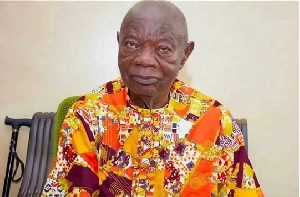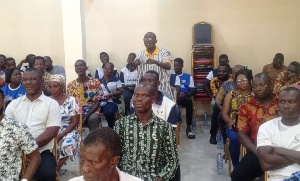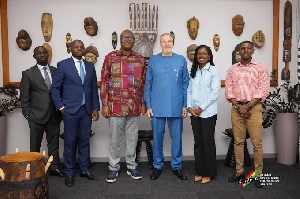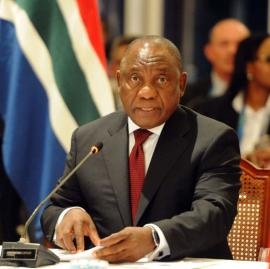- Home - News
- Elections 2024
- News Archive
- Crime & Punishment
- Politics
- Regional
- Editorial
- Health
- Ghanaians Abroad
- Tabloid
- Africa
- Religion
- Photo Archives
- Press Release
General News of Friday, 28 March 2025
Source: www.ghanawebbers.com
Lithium exploration communities demand bottom-up compensation negotiations
Residents in communities affected by the Athletic Lithium Company are demanding fair compensation. They want clear resettlement plans and a role in negotiations.
The impacted communities include Awoyaa, Afrangua, Krofu, Abonko, Ansadzie, Krampakrom, and Abura Dunkwa.
They expressed deep mistrust in their committee leaders. Some traditional leaders allegedly withheld important information about negotiations with the company.
At a forum in Saltpond on Wednesday, residents discussed mining regulations in Ghana. They highlighted a lack of information about resettlement plans and access to essential services like utilities and schools.
The forum was organized by three civil society groups: Friends of the Nation, Natural Resource Governance Institute, and Centre for Social Impact Studies. The goal was to gather community views to improve mining regulations.
Mr. Kwame Essel from Mankessim shared his experience of losing farmland. He found his crops destroyed and ancestral lands inaccessible without compensation.
He said, “We’ve farmed our lands for generations.” He added that farmers feel frustrated and confused due to the company's silence on resettlement locations.
Madam Grace Essen from Ewoyaa spoke about damage from nearby mining operations. She described cracked buildings caused by blasting and heavy vehicles.
“Our houses are weakening daily,” she said tearfully. “No one is explaining or compensating us for damages.”
Residents worry that lithium mining will pollute the Ochi-Amissah River. This river is vital for their livelihoods and biodiversity.
Many youths are migrating to gold-mining regions due to limited local job opportunities.
Mr. Raymond Sarfo from the Environmental Protection Agency (EPA) addressed environmental concerns. He assured residents that his agency is responsible for oversight.
However, he noted weak enforcement as a significant issue in Ghana’s mining sector. Despite strong laws like the Minerals and Mining Act (Act 703), systemic problems persist.
Corruption, resource constraints, and inter-agency conflicts hinder effective collaboration against illegal mining activities.
Entertainment










